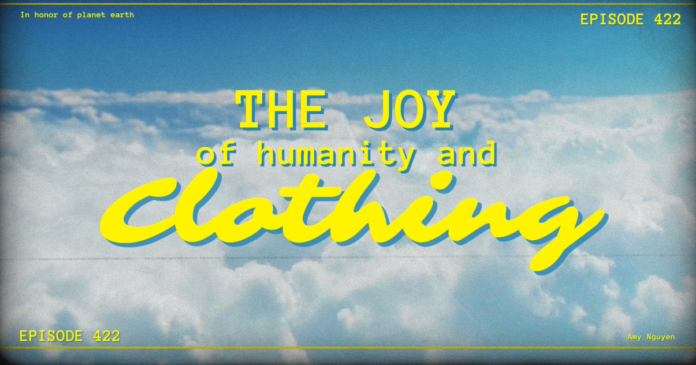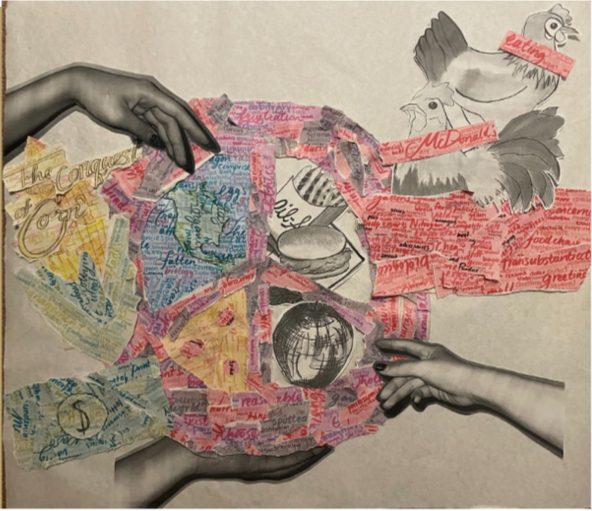In 1982, forty-four percent of Americans did not accept evolution as fact. Nearly four decades later, that percentage has dropped to forty. I do not wish to list the myriad reasons for which my countrymen reject evolution. Instead, I will note that a common theme in my encounters with those who dismiss the science is that they tend to have a limited understanding of what the science says. A common argument I hear against evolution is the absence of “missing links” between species, most notoriously the supposed absence of some human-beast hybrid. The notion of a “missing link” is rather absurd, but I think it stems largely from humanity’s obsession with categorization. It makes sense. It’s a lot easier to talk about a wolf instead of “that big grey-thing over there.” Unfortunately, it is this very obsession with categorization that blinds us to some aspects of reality that seem paradoxical to beings with such a strong desire to give order to our world.
I will use the evolution of languages to illustrate why the notion of a missing link is illogical. In the Roman Empire, many citizens spoke Vulgar Latin. Let’s focus on two areas, Hispania and Italia, the modern-day Iberian (Spain, Portugal) and Italian peninsulas. Let’s imagine that you can speak Vulgar Latin and that you have a time machine. In the year 1 CE, if you time-travel to various locations across both peninsulas, you will be able to communicate perfectly well with any inhabitants who speak Vulgar Latin. Sure, you’ll hear some variations due to influences from some of the local languages, like Iberian and Basque, depending on where you are in Hispania, and likewise in Italia. If you time-travel a century into the future, there will probably be a couple of new words here and there, the kids will have some new sayings, but overall, you’ll still be able to communicate with no problem. You continue doing this for several hundred more years, until 800 CE. At this point, there will probably be some fairly significant linguistic differences in both regions. The Iberian Peninsula will be mostly conquered by Berbers and Arabs, whose linguistic influence will overshadow that of the Visigoths a few centuries earlier. The Roman Empire will no longer exist, and the Italian Peninsula will be broken up into several entities, among them the Byzantine Empire, the Papal States, and the Holy Roman Empire. Different areas of each peninsula will speak different types of Latin, but you will likely still understand parts of it, depending on where you visit. Now that the differences are much more apparent, you might start advancing into the future by decades instead of centuries. In some parts, you understand about half of what is spoken, in others, about 10%. When can you definitively say that Latin is no longer spoken? Even nowadays, there are some words that a speaker of a Romance language can guess, even though most do not speak Vulgar Latin. Is there any point in your travels during which you might discover a child that does not end up speaking as its parents or caretakers do, and instead speaks some new language? The truth is, at no point did Latin definitively switch to Spanish, Italian, Galician, Catalan, Lombard, Cantabrian, or any of the many languages descended from the central Roman tongue. We don’t know all of the dialects and changes that occurred in these languages throughout their history, and unless this time machine is ever invented, we never will. And yet we know that they happened because modern Romance languages share many similarities with Latin and many of the changes from Latin to these languages are documented. Such is the case with evolution and these “missing links.” What we have are a series of human-like fossils which look more and more like us the closer they get to our time. Are there “missing links?” Sure, if you wish to count the thousands of generations between their ancestors and them and the thousands of generations between them and us. But there was no definitive moment at which Homo erectus became Homo ergaster, no one change which made our direct ancestors become human, no singular mutation that caused the leap from one species to the next. Just as with language evolution, there is a nebulous period in the evolutionary history of each species in which it could be argued that it was one species or the preceding one. This doesn’t mean that we shouldn’t have names for different animals, or that we shouldn’t categorize things. It just shows that the world is strange, complex, and in many cases, hard to define.

https://news.gallup.com/poll/21814/evolution-creationism-intelligent-design.aspx
Image Credit: Skull evolution via Creative Commons

